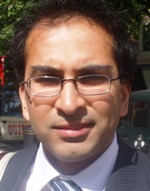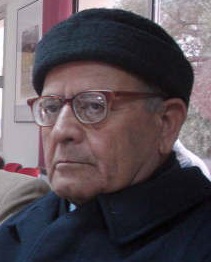Malik ruling victory for investigative journalism
 Today’s ruling may help to fend off ‘fishing expeditions’, writes
Today’s ruling may help to fend off ‘fishing expeditions’, writes
Padraig Reidy
A London court today ruled that the production order served on journalist Shiv Malik was ‘too wide’ in its scope.
Malik, who was written extensively on UK jihadists and extremism, was served a production order for materials relating to his book Leaving Al Qaeda, co-authored with former Al Muhajiroun member Hassan Butt.
Greater Manchester Police Counter Terror Unit must now draw a new, more specific, production order, to be presented to the court on 26 June.
Speaking after the ruling, Malik said: ‘In an age of terrorism and counter terrorism, and wide-ranging, dragnet legislation, the courts have taken it upon themselves to limit the powers handed down by the government to the police. They have denied the police the right to go on unlimited fishing expeditions. In doing so they recognised the right of sensible and determined journalists to protect confidential sources.
‘They have also raised their concerns in regards to the direct prosecution of journalists when it comes to withholding information in terror investigations. In a free society journalists should never themselves be prosecuted for carrying out their regular functions, and I am grateful to the judges in the high court for raising their concerns on this point of law.’
Jeremy Dear of the National Union of Journalists, which supported Malik in the case said: ‘Today’s judgment isn’t just a victory for Shiv Malik. It’s also a victory for all those who believe in the importance of investigative journalism.
‘The ruling sends a clear signal to the police that they can’t see journalists as simply another tool of intelligence gathering.’
‘The NUJ backed Shiv Malik’s case because journalism matters, and we will continue to challenge those who fail to respect its vital role in our democracy.’

